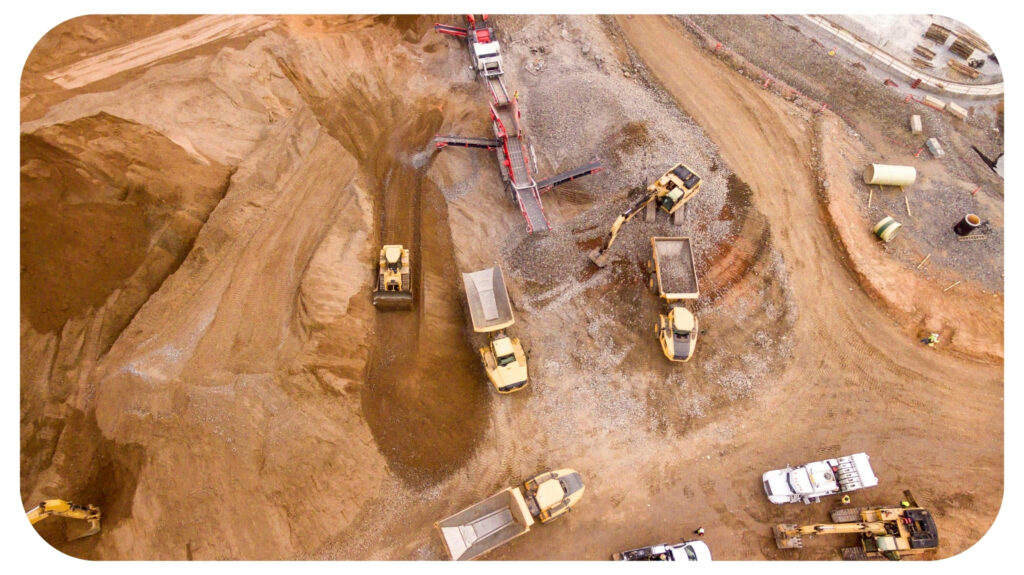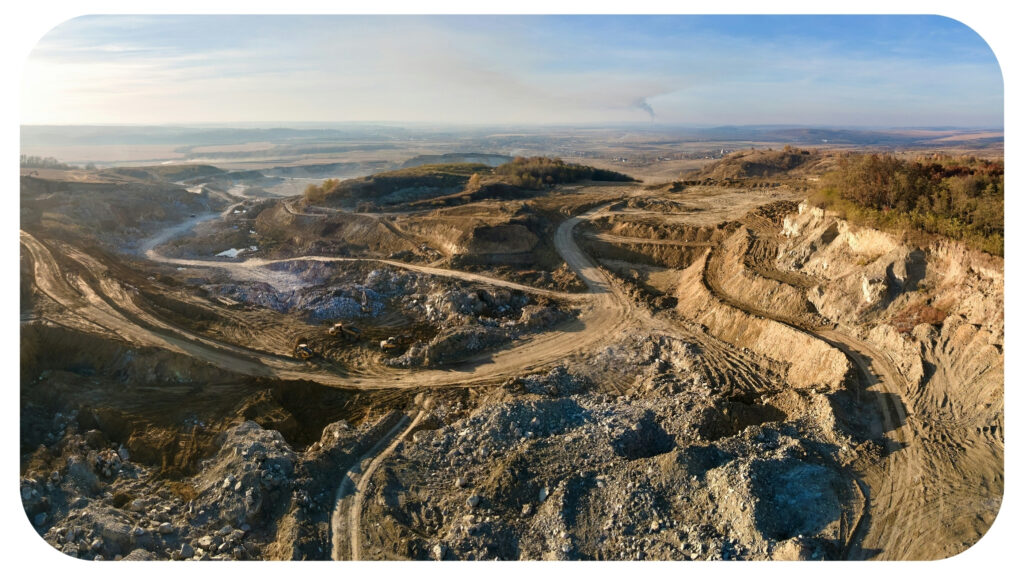Setting Standards for Sustainable Lithium Mining

In the race towards greener energy, lithium is a cornerstone of the electric vehicle revolution and renewable power storage. But this pursuit of sustainability isn’t without its pitfalls. The environmental impact of lithium mining raises serious concerns, affecting ecosystems and local communities. Establishing robust regulatory standards is crucial to ensure responsible sourcing without hampering progress.
The Current Landscape of Lithium Mining
Lithium mining has become a critical part of the global economy. The demand for lithium is soaring, mainly due to the surge in electric vehicles and renewable energy storage. Electric vehicle manufacturers rely heavily on lithium-ion batteries, which are more efficient and longer-lasting. This demand extends beyond cars; even public transportation systems are transitioning to electric.
The need for sustainable power solutions has made lithium indispensable in our energy pursuits. Investors and governments worldwide are taking note of this trend and channeling efforts into increasing production. However, as this demand grows, questions arise about how sustainable and environmentally friendly lithium extraction can be.
Among the top lithium producers, Australia, Chile, and Argentina stand out. Each of these countries has distinctive practices that cater to their geographic and economic landscapes. These regions illustrate a patchwork of mining methods tied to local conditions, yet all striving to meet the same surging global needs. Understanding these practices helps paint a clearer picture of where the lithium trail is leading us and emphasizes the importance of setting proper standards for mining that align with environmental and community responsibilities.
Environmental Impact of Lithium Mining
The growing demand for lithium poses significant environmental challenges. While lithium is a key component in the push for cleaner energy, the process of extracting it is far from green. Understanding these impacts is crucial in balancing technological advancement with environmental preservation.
One of the most significant impacts of lithium mining is on local water supplies. This process often requires millions of gallons of water, particularly in arid regions. For communities relying on these water sources, the depletion of their groundwater can be devastating.
Sustainable practices are essential to ensure that lithium mining does not leave local communities high and dry. This means adopting methods that minimize water usage and improve recycling. By prioritizing water resource management, the industry can reduce its footprint and maintain harmony with local ecosystems.
Lithium mining can also disrupt local ecosystems. The process often involves clearing large areas of land, which can be likened to bulldozing a neighborhood of flourishing wildlife. This destruction leads to the loss of habitat, threatening the survival of countless species.
Wildlife is not the only concern. The delicate balance of ecosystems can be tipped by mining operations, causing shifts in plant populations and altering food chains. This can have a ripple effect, much like knocking down a line of dominoes, leading to unintended consequences for biodiversity.
“Protecting these ecosystems requires careful planning and conservation efforts,” says an executive from Austroid Corporation. “Mining companies must assess environmental impacts before starting operations and implement strategies to restore habitats afterward.”
By taking steps to minimize disruption, we can ensure that lithium mining does not come at the cost of our planet’s rich biodiversity.

Setting Standards for Sustainable Lithium Mining
As the demand for lithium continues to rise, setting sustainable standards for its mining is crucial for balancing economic needs with environmental responsibility. Lithium is a key component in batteries for electric vehicles and renewable energy storage, making its sustainable extraction essential for a green future.
International regulations play a vital role in shaping the environmental standards for mining operations across the globe. Governing bodies like the International Council on Mining and Metals (ICMM) provide guidelines that focus on reducing the ecological footprint of mining activities. For lithium mining, adherence to these guidelines ensures that companies limit land disturbance, manage water usage responsibly, and maintain biodiversity. Despite the global framework, local governments are encouraged to tailor these standards to fit their unique ecological and social landscapes. By doing so, they can better protect their communities while fostering responsible resource extraction.
Some lithium mining companies are already illustrating how sustainability can be woven into the very fabric of industrial practice. Take, for example, Albemarle Corporation, which has been recognized for employing innovative water reclamation techniques to reduce freshwater consumption. Another leader, SQM, has invested in technology to lower carbon emissions in its mining operations.
These organizations are setting a benchmark for others to follow. Embracing new technologies that minimize environmental impact can lead to long-term cost savings and improved community relations. Transparency in operations fosters trust and ensures that stakeholders are aligned in the mission for sustainability.
Through global cooperation and inspired leadership within the industry, sustainable lithium mining is necessary for preserving our planet while meeting the growing energy demands of our time.
The Role of Technology in Lithium Mining
Technology plays a big role in the modernizing of lithium mining processes. From improving extraction techniques to ensuring that environmental standards are met, tech advancements are changing how we approach resource management.
New lithium extraction methods are constantly being developed as the demand for lithium grows. These methods focus on increasing efficiency and reducing environmental impact, setting a new standard for sustainable mining. Techniques like direct lithium extraction (DLE) have been introduced to extract more lithium from brine with less environmental footprint. This method uses advanced filtration techniques to isolate lithium without the need for large evaporation ponds, making the process faster and less harmful to the environment.
Now, researchers are exploring how geothermal energy can be harnessed in lithium extraction. This approach not only taps into a renewable energy source but also allows for the retrieval of lithium-rich fluids from below the Earth’s surface. These innovative methods show that technology can lead to mining that meets both economic and ecological goals.
Monitoring and compliance in lithium mining help ensure that environmental and safety standards are not just met but exceeded. The integration of advanced sensors and data analytics allows for real-time tracking of mining operations. This technology monitors emissions and water usage and provides insights into how operations impact local ecosystems. By using satellite imagery and drones, companies can also track land use changes over time, further ensuring that they comply with environmental regulations.
Technology doesn’t just mean better oversight; it also fosters transparency. With data collected from these monitoring systems, mining companies can report on their environmental footprint more accurately. This level of accountability and openness builds trust with regulators and the public.
Setting standards for lithium mining is crucial to ensuring sustainable practices while meeting growing global demand. As the world pivots towards renewable energy, establishing clear guidelines for environmentally responsible lithium extraction becomes essential. These standards will help protect ecosystems and support the responsible use of natural resources.
Recommended:
Innovations in Lithium Refining: Austroid Corporation’s Approach to Clean Energy Supply Chains
Recommended For You
To Get the Right People – Talk to a Recruitment Agency
Most Inside
Most Inside offers high-quality recommendations and valuable updates to enhance all aspects of your life, providing premium guidance and enriching experiences.




